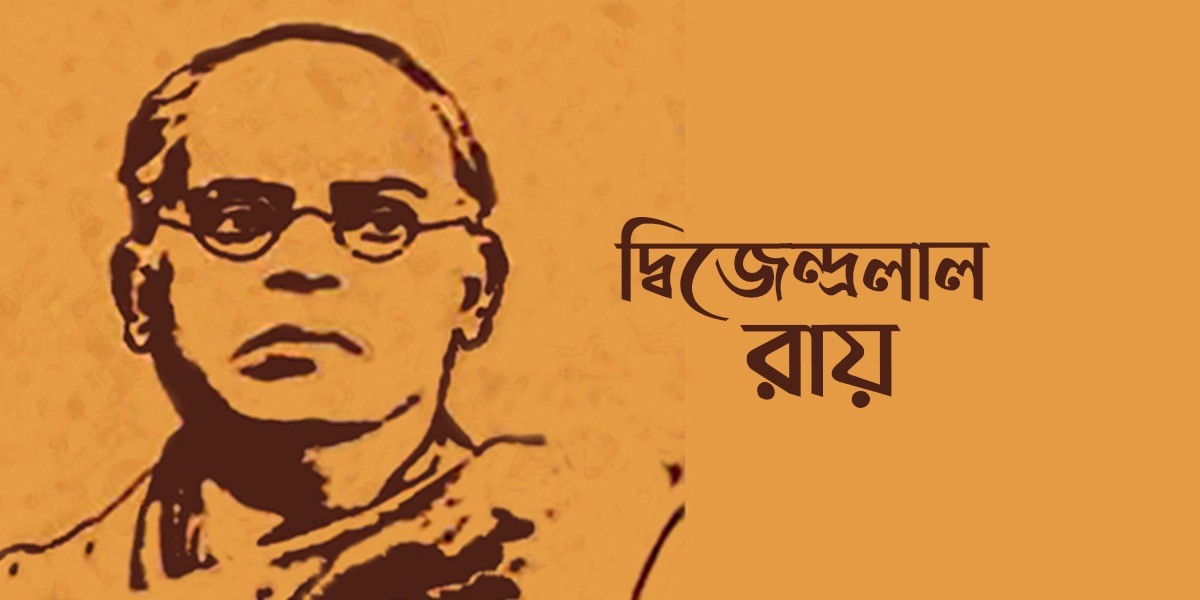Mother India in her sweetest expression expresses herself through the heart and pen of her gifted son, Dwijendra Lal Roy. Bengal is all admiration for D.L. Roy. He is never named without enthusiasm and praise as a man in the highest degree amiable and thought-provoking. His was the faith that did not waver. His was the courage that did not falter. Poetry was not the sole field of D.L. Roy, for he excelled likewise in prose. His poems, his songs, and especially his dramas brought him unbounded fame. He was the poet of poets, the singer of singers, the dramatist of dramatists, not made but born. He won the heart of Bengal by the originality of his thought, couched in a novel language, impregnated with a fresh vitality which he infused into Bengal. Curiously enough, like Michael Madhusudan Dutt, Dwijendra Lal too wrote poems in English while starting his poetic career. He who reads even D.L. Roy’s English poems enjoy the power of a poet, embellished with beauty and enlarged with majesty. Lyrics of Ind was his first and last work in English. The poems were written in London when he was barely twenty-three. The book was published there in September 1886. “My principal object in the composition of the following verses,” says he, “has been to harmonise English and Indian poetries as they ought to be. Both are beautiful; but whilst the one is visionary and sensuous, the other is vigorous and chaste; whilst the one dreams, the other soars; whereas the one makes a poetry of Religion, the other makes a religion out of Poetry. One quotation from that book is irresistible: ‘Mine is a heart that weeps with gratitude, And for a word or deed of love, that would Cry childlike; weave a wreath with many a tear; In gratitude worship, even before it kneel; But from beloved lips an accent rude Might rend my heart in twain, that none could heal, And my life’s flowery days might blast and sear.” What an irony of Fate that on his return from England he should have been abandoned by his friends and relatives. It was long after his return from England that his relatives and friends came to his place while his son, Dilip Kumar Roy, was being invested with the sacred thread. Indeed, it was a moment of extreme delight for the poet. For he had hopes that the son would carry on the many-sided genius that the father had bequeathed to the Nation. The patriotic urge in D.L. Roy became visible during his college life. Gradually he developed and matured it along with his lofty thought and inner search. He scattered patriotic songs like jewels. And some of these songs in no time quickened the tempo of patriotic fervour in those days in idealistic souls of youthful revolutionaries.

